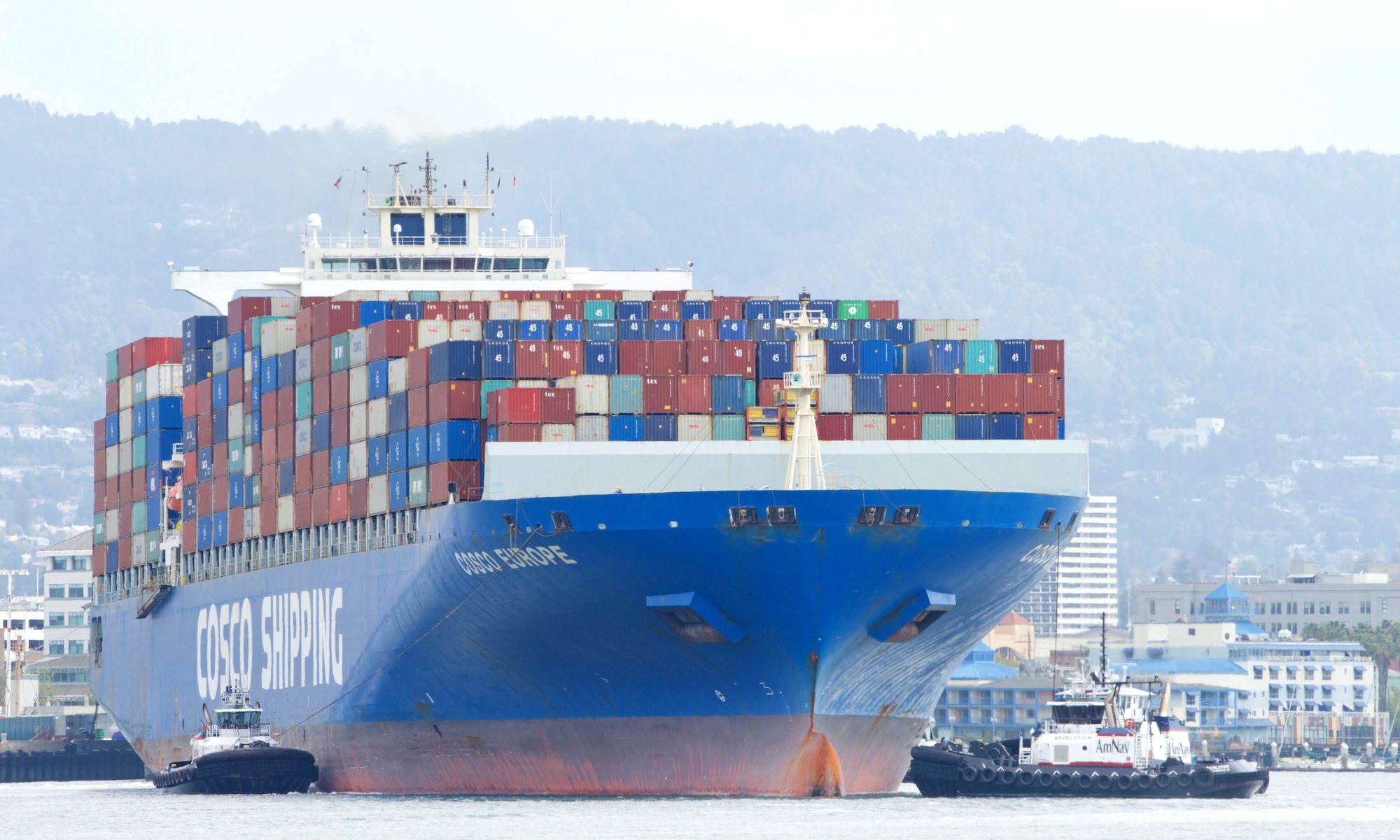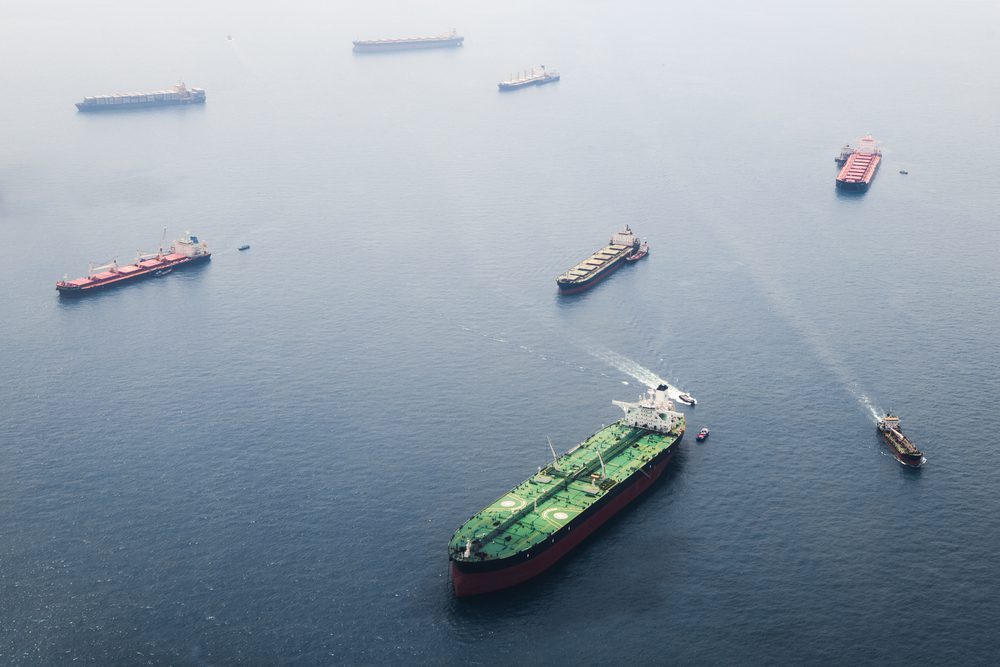The American Waterways Operators (AWO) and several maritime labor unions have jointly petitioned the U.S. Environmental Protection Agency (EPA) to deny California’s request for a Clean Air Act waiver, which would allow the state to enforce its contentious Commercial Harbor Craft (CHC) rule.
The CHC rule, which has sparked widespread concern within the industry, mandates that certain tugboats and commercial harbor craft must be equipped with EPA Tier 4 engines and Diesel Particulate Filters (DPFs). Acknowledged that DPFs for the types of engines powering many commercial harbor craft do not exist, CARB has created a provision giving regulated vessel operators six months to install DPFs once they become “commercially available”—a term that remains undefined.
The requirements have raised significant safety and feasibility concerns among industry stakeholders.
Opinion: Safeguarding California’s Mariners and Supply Chain
“As the most sustainable mode of freight transportation in the United States, we share CARB’s goal of lowering emissions. However, CARB’s CHC rule is clearly at odds with Section 209 of the Clean Air Act and poses a serious threat to mariner safety and to the stability of the American supply chain at a fragile time for our economy,” said Jennifer Carpenter, President & CEO of the American Waterways Operators.
The coalition’s letter to EPA Administrator Michael Regan outlines several critical issues with the CHC rule. Foremost among these is the safety risk posed by DPFs, which operate at extremely high temperatures and have been linked to serious fires in the trucking industry. The U.S. Coast Guard has previously warned about the “potential fire safety issues” associated with these devices.
The letter also argues that implementing DPFs on commercial vessels is not only infeasible but also prohibitively expensive. Compliance could cost up to $5 million per vessel and take at least 18 months, far exceeding the six-month timeframe stipulated in the CHC rule.
The potential economic impact of the rule is another major concern. With California home to three of the nation’s busiest container ports, industry leaders warn that the CHC rule could trigger a supply chain crisis. The letter suggests that if enforced, the rule could lead to fewer tugboats and commercial harbor craft in operation, potentially causing delays in goods movement and increased costs for both producers and consumers nationwide.
The push for EPA intervention comes in the wake of California Governor Gavin Newsom’s recent veto of Assembly Bill 1122. The bill, which had near-unanimous support in the state legislature, aimed to address safety concerns related to the CHC rule by requiring bypass-safety systems and third-party safety certifications for DPFs.
Governor Newsom defended his veto, stating that the bill would have undermined the balance between environmental goals and industry concerns. He encouraged vessel operators to work towards meeting the CHC regulations and to continue dialogue with CARB if faced with significant challenges.
“We share CARB’s goals of reducing emissions and improving air quality in California and across the country. However, those improvements cannot come at unacceptable risk to the mariners that work on commercial harbor craft, or be to the detriment of the U.S. economy,” the letter states.
The letter’s co-signers include American Waterways Operators, the Inlandboatmen’s Union, the International Organization of Masters, Mates & Pilots, and the Marine Engineers Beneficial Association.

 Join The Club
Join The Club











